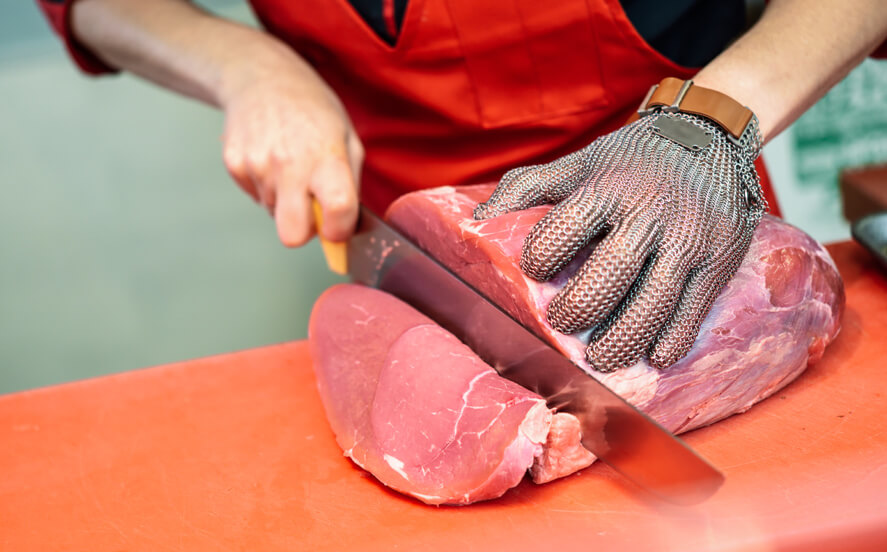
A Nutrient-Packed Convenience
Frozen meat offers a convenient and nutritious protein source, packed with essential nutrients like iron, B12, and zinc. It's a versatile option for busy individuals, providing a wide range of cuts and types to suit different preferences and dietary needs.

Nutritional Value of Frozen Meat
Frozen meat is a nutritional powerhouse packed with essential nutrients. It's an excellent source of high-quality protein, crucial for building and repairing tissues. Additionally, it provides a good amount of iron, essential for oxygen transport in the body. Meat also contains vital vitamins like B12 and minerals like zinc, which support various bodily functions. Beyond its nutritional benefits, frozen meat offers unparalleled convenience, saving time and reducing food waste.
- Protein
- Iron
- Vitamins and Minerals
- Convenience
Meat, sourced from well-shaped, fresh, and organic animals, has been a staple in the human diet since prehistoric times. It includes the flesh or other edible parts of animals, usually domesticated cattle, swine, and sheep, and consists not only of muscles and fat but also tendons and ligaments. Meat is highly valued as a complete protein food, containing all the essential amino acids necessary for human health.
Frequently Asked Questions.
Typically, 6-12 months for roasts, steaks, and chops; 3-4 months for ground meat; up to 1 year for whole poultry.
Wrap meat tightly, remove air, use a vacuum sealer, and keep the freezer at 0°F (-18°C) or lower.
Yes, you can refreeze meat thawed in the refrigerator. If thawed by other methods, cook before refreezing. Quality may decline with refreezing.